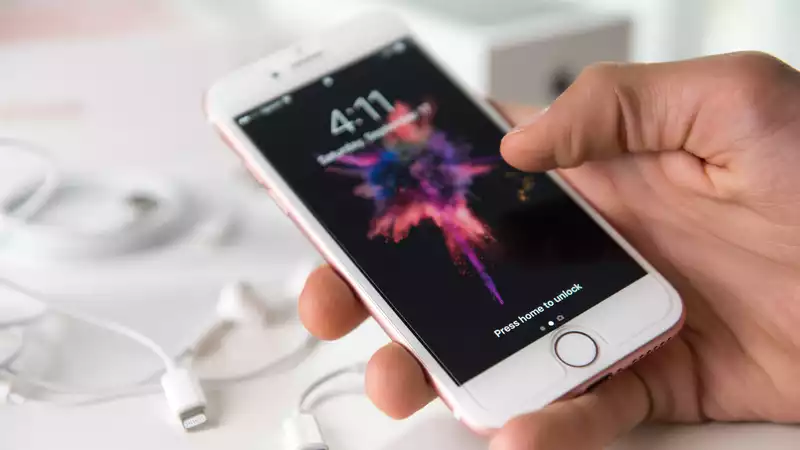Apple conceded at "battery gate" and paid $113 million to settle a lawsuit over its alleged practice of slowing down older iPhones to cover up battery problems
A coalition of 33 states sued Apple for deceptive practices that prompted an investigation into iPhone slowdowns and ultimately boosted sales of newer models In the settlement, Apple agreed to financial penalties and a legal commitment to be more transparent in the future
The settlement with the state is separate from the $500 million Apple will pay directly to affected iPhone customers in the US (about $25 per affected iPhone) who filed a class action suit French regulators also fined Apple approximately $25 million for lack of transparency regarding the battery issue
"Battery Gate" began in 2017 with an iOS update for the iPhone 6, 7, and SE that throttled the speed of the chip to prevent it from powering down due to an aging battery However, Apple did not disclose this throttling, and it only came to light when iPhone users noticed the slowdown A huge controversy erupted, forcing Apple to issue an unusual apology and offer a battery replacement discount
In the lawsuit, the states accused Apple of providing "misleading information" about iOS updates and burying battery management information in technical notes The Arizona complaint also stated that users felt compelled to buy new iPhones, boosting Apple's sales volume
"Big Tech needs to stop manipulating consumers and tell them the whole truth about their practices and products," said Arizona Attorney General Mark Brnovich, who headed the investigation, in a statement He added: "I am committed to holding these giant technology companies accountable if they hide the truth from their users
Apple now allows iPhone users to manage battery health and disable performance throttling The iOS 13 update also adds an optimized battery charging feature aimed at extending battery life Apple has added similar battery management features to macOS and watchOS










Comments